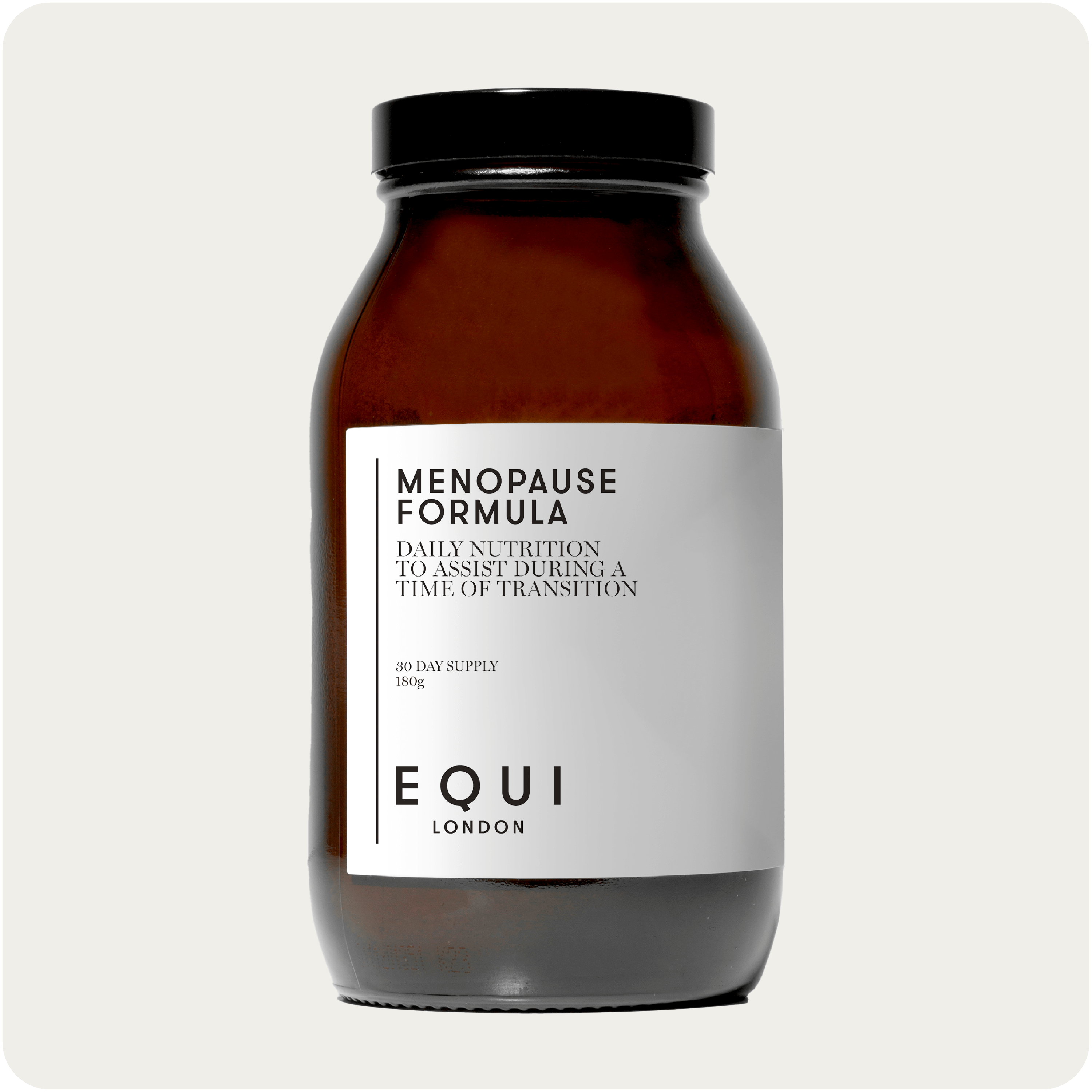
Who doesn’t want to be happy? It's a universal goal that has intrigued people throughout history. We all have our down days, or sometimes perhaps longer periods, which is all a normal part of being human - particularly with the fast paced lives we all live and the pressures we can put on ourselves.
Recent scientific research has discovered specific chemicals in the brain that contribute to feelings of happiness and well-being. These chemicals are often referred to as the 4 main happiness hormones, and accessing them can lead to positive changes in our mental and physical health.
Let’s explore these 4 hormones in more detail, looking at how we might feel when we’re depleted… and then identify how we can tap into these happy hormones through nutrition and self-care.

Dopamine:
Dopamine is a neurotransmitter that is associated with motivation, reward, and pleasure. It is responsible for feelings of pleasure and satisfaction that we experience when we engage in activities that we enjoy, such as eating good food, winning a game, or achieving a goal.
When dopamine levels are at a good level, you may experience feelings of pleasure, motivation, and satisfaction. You may feel confident, energised, and inspired. You may also feel a sense of purpose and have a desire to pursue goals and engage in activities that bring you joy and fulfilment.
When dopamine levels are depleted, you may experience a lack of motivation and pleasure in activities that you once enjoyed. You may find it difficult to focus, feel uninspired, and lack a sense of purpose. You may also experience feelings of sadness or anxiety.
To increase dopamine levels, try the following tips:
- Consume foods rich in tyrosine, such as almonds, avocados, and bananas.
- Engage in regular exercise, such as cardio or strength training.
- Try activities that challenge you, like learning a new skill or taking up a hobby, to promote dopamine release and boost your mood.
- Set small goals for yourself and celebrate your accomplishments.

Serotonin:
Serotonin is a neurotransmitter that regulates mood, appetite, and sleep. It is often referred to as the "happiness hormone" because it contributes to feelings of happiness and well-being.
When serotonin levels are at a good level, you may experience a sense of well-being and contentment. You may feel optimistic, happy, and enjoy an overall positive outlook on life. You may also feel a sense of connection and belongingness, have good sleep, and be able to maintain healthy relationships with loved ones.
When serotonin levels are depleted, you may experience mood swings, feelings of irritability, and difficulty sleeping. You may feel lethargic, have low energy levels, and experience a decreased interest in activities you once enjoyed. You may also feel anxious, worried, or even experience feelings of hopelessness or helplessness.
To increase serotonin levels, try the following tips:
- Consume foods high in tryptophan, such as turkey, salmon, and eggs, to increase serotonin synthesis in the brain.
- Spend time outdoors in the sunlight, or consider light therapy.
- Practice mindfulness meditation or yoga, which have been shown to increase serotonin levels and improve mood.
- Take breaks from social media and technology to reduce stress and promote feelings of well-being.

Oxytocin
Oxytocin is often called the "love hormone" because it is released during social bonding and is associated with feelings of trust, attachment, and intimacy. It is produced in the hypothalamus and released by the pituitary gland.
When oxytocin levels are at a good level, you may experience feelings of trust, attachment, and intimacy. You may feel a deep sense of connection with loved ones, and experience feelings of calmness, relaxation, and security. You may also feel more social and open to new experiences.
When oxytocin levels are depleted, you may experience feelings of loneliness or isolation. You may feel disconnected from loved ones and experience a lack of trust or attachment. You may also feel stressed or anxious, have difficulty regulating emotions, and experience physical symptoms such as headaches or digestive issues.
To increase oxytocin levels, try the following tips:
- Engage in physical touch with loved ones, such as having sex, hugging or holding hands.
- Practice gratitude by expressing appreciation towards loved ones or writing down things you are grateful for.
- Spend time with animals, such as playing with a pet.
- Practice deep breathing or progressive muscle relaxation techniques to reduce stress and promote feelings of relaxation.

Endorphins:
Endorphins are chemicals that produce feelings of pleasure and euphoria. They are released in response to physical activity, pain, and stress, and help reduce pain and promote feelings of well-being.
When endorphin levels are at a good level, you may experience feelings of pleasure, happiness, and euphoria. You may feel energised, optimistic, and able to manage stress and negative emotions effectively. You may also experience physical sensations of well-being, such as feeling relaxed and pain-free.
When endorphin levels are depleted, you may experience a lack of pleasure and enjoyment in life. You may feel tired, lethargic, and unmotivated. You may also experience physical symptoms such as aches, pains, or stiffness. Additionally, you may experience feelings of sadness or anxiety.
To increase endorphin levels, try the following tips:
- Engage in physical activity, such as high-intensity workouts, dancing, or running.
- Laugh with friends or watch a funny movie or TV show, or listen to a funny podcast.
- Practice mindfulness meditation or deep breathing exercises to promote relaxation and reduce stress.
- Spend time engaging in creative pursuits, such as painting or writing, sewing, baking or cooking a delicious meal.
Accessing the four primary happiness hormones can lead to positive changes in our mental and physical health. By incorporating nutrition and self-care practices into our daily routine, we can increase our happiness hormone levels and promote feelings of happiness.
It is important to maintain a balance of all four happiness hormones to achieve overall well-being. Engaging in self-care practices, such as regular exercise, mindfulness, and healthy eating, can help promote good levels of happiness hormones and lead to a more fulfilling life. Remember to prioritise self-care and engage in activities that bring you joy and fulfilment, and you can enjoy a more positive outlook on life.
Side note - everyone experiences happiness hormones differently and if you ever feel like you are very low, we recommend consulting your doctor to address underlying issues that may be impacting your hormone levels.











